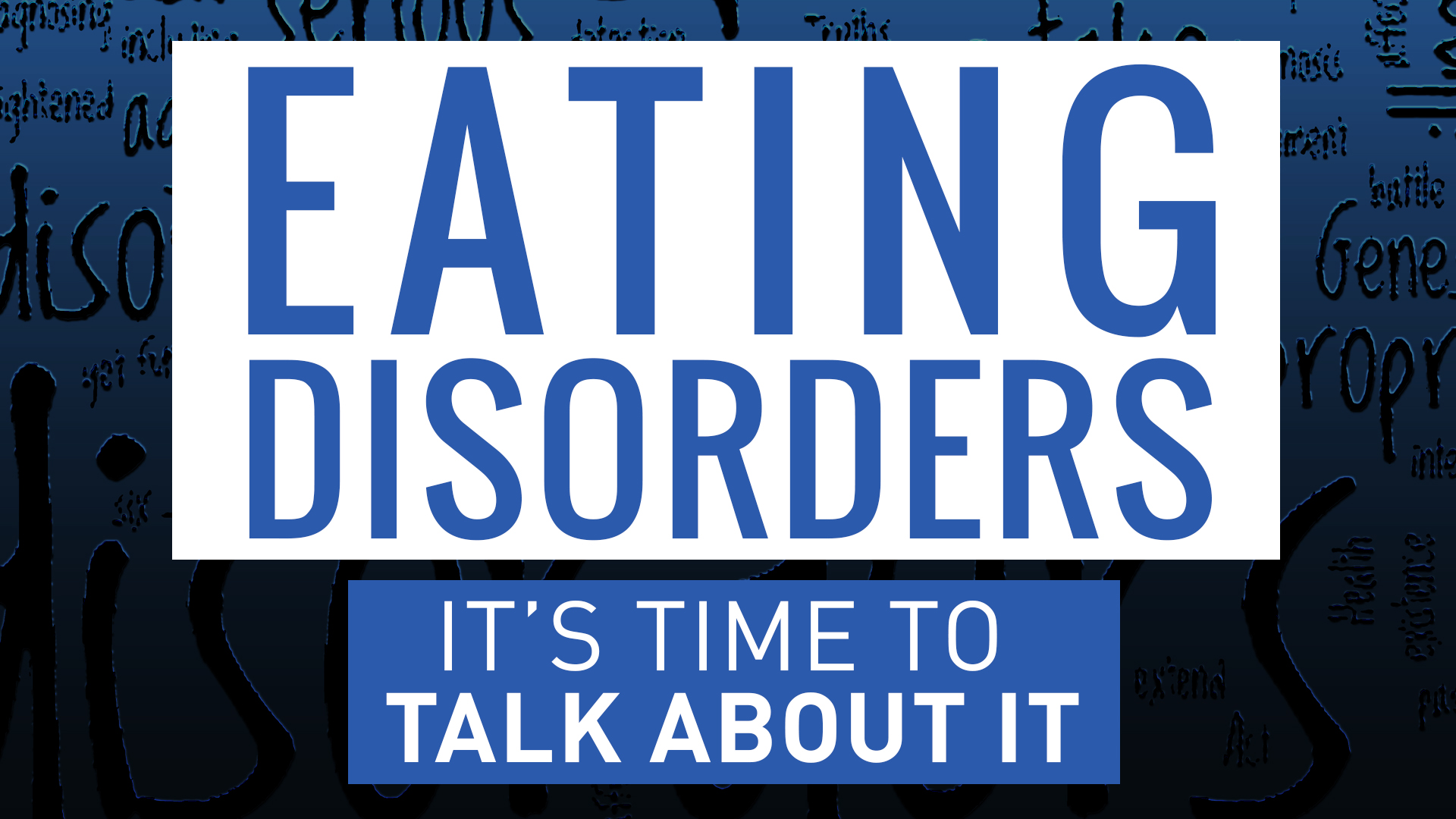Every 62 minutes, at least one person dies as a direct result from an eating disorder. It's something that doesn't get talked about a lot, but the National Eating Disorders Association (NEDA) says that needs to change. The organization declared February 27- March 4 as National Eating Disorders Awareness Week to shine the spotlight on eating disorders and put life-saving resources into the hands of those in need.
In a national survey, four out of ten people reported that they suffered from an eating disorder or have known someone who has suffered from one. The severity of eating disorders is often misunderstood. According to National Eating Disorders Association (NEDA), eating disorders are the deadliest of all mental illnesses. Nine times more people die from eating disorders than from breast cancer every year.
The South Carolina Eating Disorder Association (SCEDA) Advocacy Day is Wednesday, March 1. Members of SCEDA from Greenville, Charleston, and Columbia will meet Senate and House members to talk about eating disorders. In a statement released today, SCEDA thanked SC Women's Caucus, leaders Senators Katrina Shealy and Mia McLeod, and Representatives Beth Bernstein and Rita Allison for presenting concurrent resolutions and recognizing National Eating Disorders Awareness Day and Week.
According to NEDA, 20 million women and 10 million men suffer from a clinically significant eating disorder at some point in their life, including anorexia, bulimia, binge eating disorder, or an eating disorder not otherwise specified. SCEDA says that because of limited availability of insurance coverage, most cases go untreated. Only 1 in 10 receive treatment and, without treatment, up to 20% of people with serious eating disorders lose their battle, according to NEDA.
In the face of many eating disorder myths, the Academy for Eating Disorders (AED) established Nine Truths About Eating Disorders in collaboration with thirteen professional and advocacy groups and Dr. Cynthia Bulik, PhD, FAED.
The Nine Truths About Eating Disorders
- Many people with eating disorders look healthy, yet may be extremely ill.
- Families are not to blame, and can be the patients' and the providers' best allies in treatment.
- An eating disorder diagnosis is a health crisis that affects personal and family functioning.
- Eating disorders are not choices, but serious biological-influenced illnesses.
- Eating disorders affect people of all genders, ages, races, ethnicities, body shapes, weights, sexual orientations, and socio-economic statuses.
- Eating disorders carry an increased risk of both suicide and medical complications.
- Genes and environment play an important role in the development of eating disorders.
- Genes alone do not predict who will develop eating disorders.
- Full recovery from an eating disorder is possible. Early detection and intervention are important.
Eating disorders are serious illnesses, not lifestyle choices. They are complex and sometimes life-threatening illness. Eating disorders not only effect the person suffering, but also can impact the whole family and people closest to them.
According to NEDA, anorexia has the highest mortality rate of any mental illness. If you are struggling with an eating disorder and would like to talk to someone please call the National Eating Disorders Association at 1-800- 931-2237.
Resources for South Carolinians
The National Eating Disorders Association (NEDA)
https://www.nationaleatingdisorders.org/
NEDA Helpline: 1-800-931-2237
South Carolina Eating Disorders Association (SCEDA)
http://www.sceatingdisorders.org/
South Carolina Coalition for Overcoming Eating Disorders (SC-COED)
http://sc-coed.wixsite.com/sc-coed


